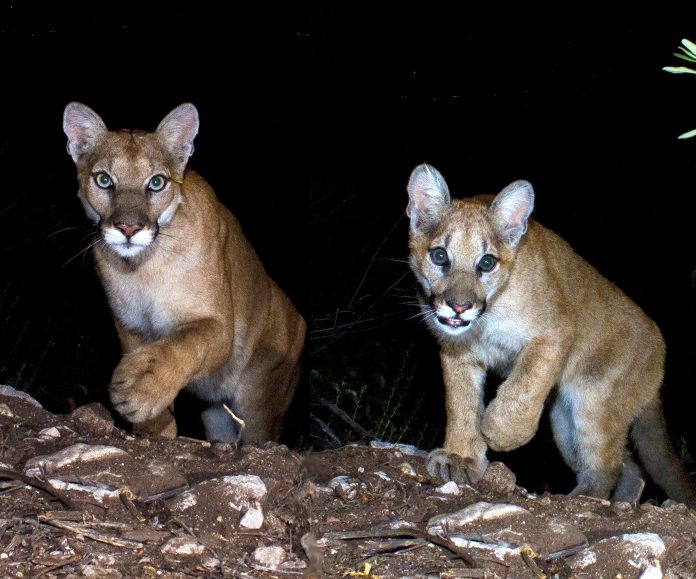
Victory! California Passes Critical Bill To Expand Ban On Toxic Rat Poisons To Help Save Wildlife
You can help all animals and our planet by choosing compassion on your plate and in your glass. #GoVeg
RELATED ARTICLES
Pressure Mounts For Arizona To Ban Dog Pack Hunting Of Mountain Lions, Bears & Other Critical Species
Conservation groups have submitted a petition to the Arizona Game and Fish Commission urging a ban on the use of dog packs for hunting...
Help Save Millions Of Lives This Holiday By Choosing Compassion On Your Plate; Adopt A Turkey Today!
As Thanksgiving approaches, we hope you enjoy a warm and safe holiday. We encourage you to make a compassionate choice by leaving animals off...
Giraffes Are One Step Closer To Receiving Vital Endangered Species Act Protections
In response to a petition and subsequent lawsuit by conservation and animal protection organizations, the U.S. Fish and Wildlife Service (USFWS) has proposed listing...
Popular stories
News
Illegal Fishing Vessels Intercepted By Sea Shepherd’s Ocean Warrior Vessel As Peruvian Prosecutors Sail Aboard To Apprehend The Suspects
Photo credit: Sea Shepherd
During a series of joint operations led by the government of Peru, specialized environmental prosecutors on board the Sea Shepherd Ocean Warrior ship encountered...
News
Koala Habitat Protected As 459-Hectares Has Been Saved By Farmers To Bring Back The Species To A Region Of Victoria, Australia
Thousands of trees have been planted on a historic sheep-grazing property located in a premium koala habitat zone. The restoration project is aimed at...
News
WAN Exclusive With Jon Gelman, Founder Of Hawai’i Marine Animal Response Who Shares News Of First Monk Seal Pup Born This Year
January of 2023 was an extraordinarily busy month for Hawai'i Marine Animal Response (HMAR) because it was the seventh anniversary of the largest Hawaiʻi-based...


